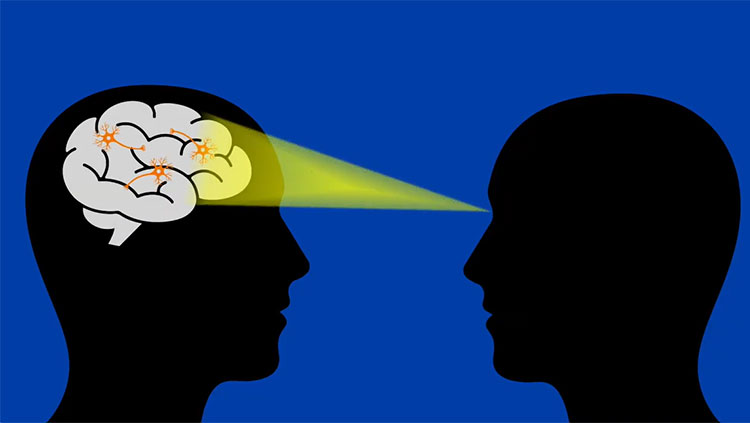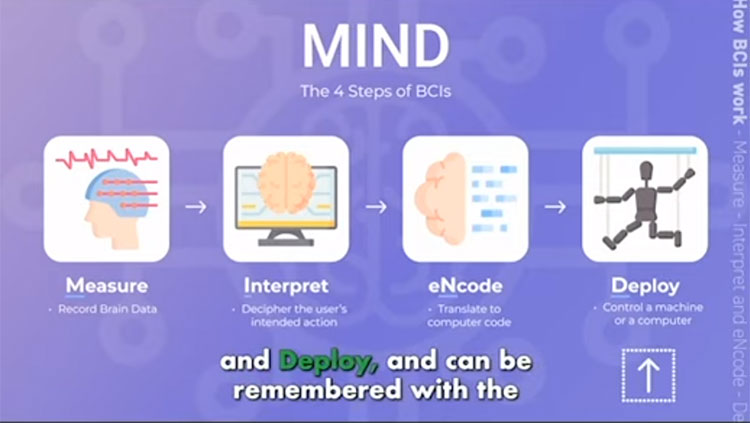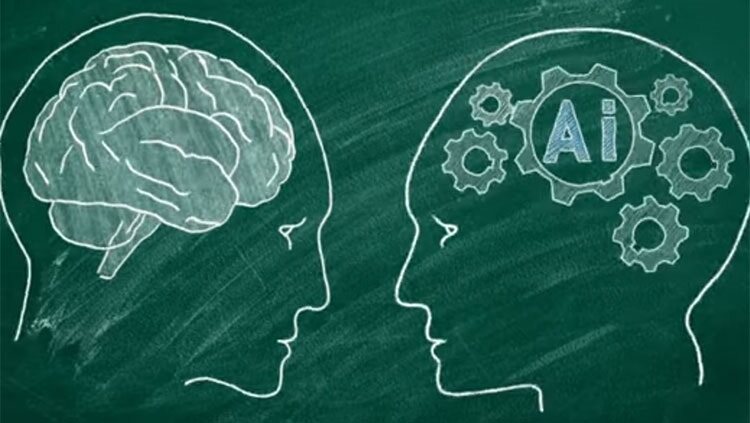Every day, technology helps us wake up, get ready for the day, and remember everything on our to-do list. But is our constant reliance on technology hurting our brains? Neuroscientists are investigating how cognitive offloading — our tendency to use external tools to aid cognition — affects the brain.
This video is from the 2019 Brain Awareness Video Contest.
CONTENT PROVIDED BY
BrainFacts/SfN
Transcript
We use technology all the time.
(Hi, good to see you today)
It surrounds us left and right.
(What can I do for you?)
It helps us wake on time (alarm set for 8 am), gets us where we want to be (navigating to University College London), and never lets us forget a thing (Okay, I will save the date).
This pervasiveness of technology has caused alarm. People have wondered if technology is harming our brains and our minds. Is Google making us stupid? Does taking a photo take away from my experience? Does setting a reminder affect my memory?
Neuroscientists are trying to find out. They call this phenomenon cognitive offloading — our tendency to use external tools to aid our cognition. What happens to the brain when we offload?
Here is how one study tested offloading: people were presented with numbers like these, and their job was to drag them, in order, to the bottom of the box. Except sometimes, they were instructed to drag some number to some other side.
Like, "drag 4 to the right."
They were taught two ways to do this task: Either they remember what goes where, or, they create a reminder. How? By simply dragging the special numbers near their special locations in the very beginning.
Researchers found that people performed equally well whether they used their memory or they set a reminder. But here is what is striking — when scientists looked into people's brains, they found it looked completely different depending on which way they did the task.
When people used only their internal memory, their brain was more active in regions of the lateral prefrontal cortex. Lateral means side, frontal means front. More curiously though, their brain showed some significant deactivation in the middle parts of the frontal brain. Not activation but deactivation.
What does it mean for a brain region to be deactivated? Does it stop working? No. As long as you are alive, the brain is always active. So, when scientists say a region is deactivated, they are comparing it to some baseline. In this study, the baseline was rest — when people did no task at all.
So, when they say that the medial region was deactivated, they mean it showed lesser activation compared to when participants rested. Now let's look at the brain when people chose to set a reminder.
The lateral part of the brain looked roughly the same. But here comes the difference: the medial did not show as much deactivation as before. It looked more like the brain when at rest. But how might we interpret these activations and deactivations?
One theory suggests that since the medial areas are usually active when mind-wandering, people might be suppressing the temptation to mind-wander to remember their intentions. And when they have offloaded, they no longer have to remember anything, and their mind is free to relax and go on a trip of its own.
But is this good or bad?
Unfortunately, brain scans do not answer normative questions. Activation or deactivation does not neatly translate into good or bad. But some philosophers have chosen to answer this question differently.
They claim that all our devices extend our minds rather than make it better or worse. Our devices become part of us — we get married to them.
(I love you too).
As scientists Adams and Aizawa put it, "the skull does not constitute a theoretically significant boundary for the cognitive scientists." In this line of thought, technology does not make you smarter or dumber, but, in fact, bigger.
Also In Tech & the Brain
Trending
Popular articles on BrainFacts.org
















